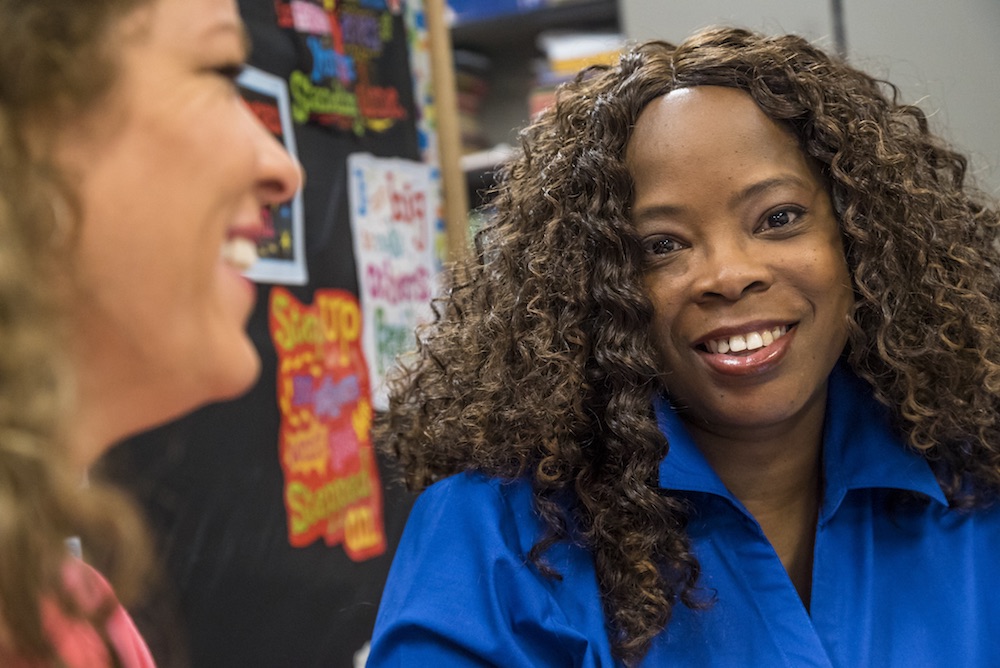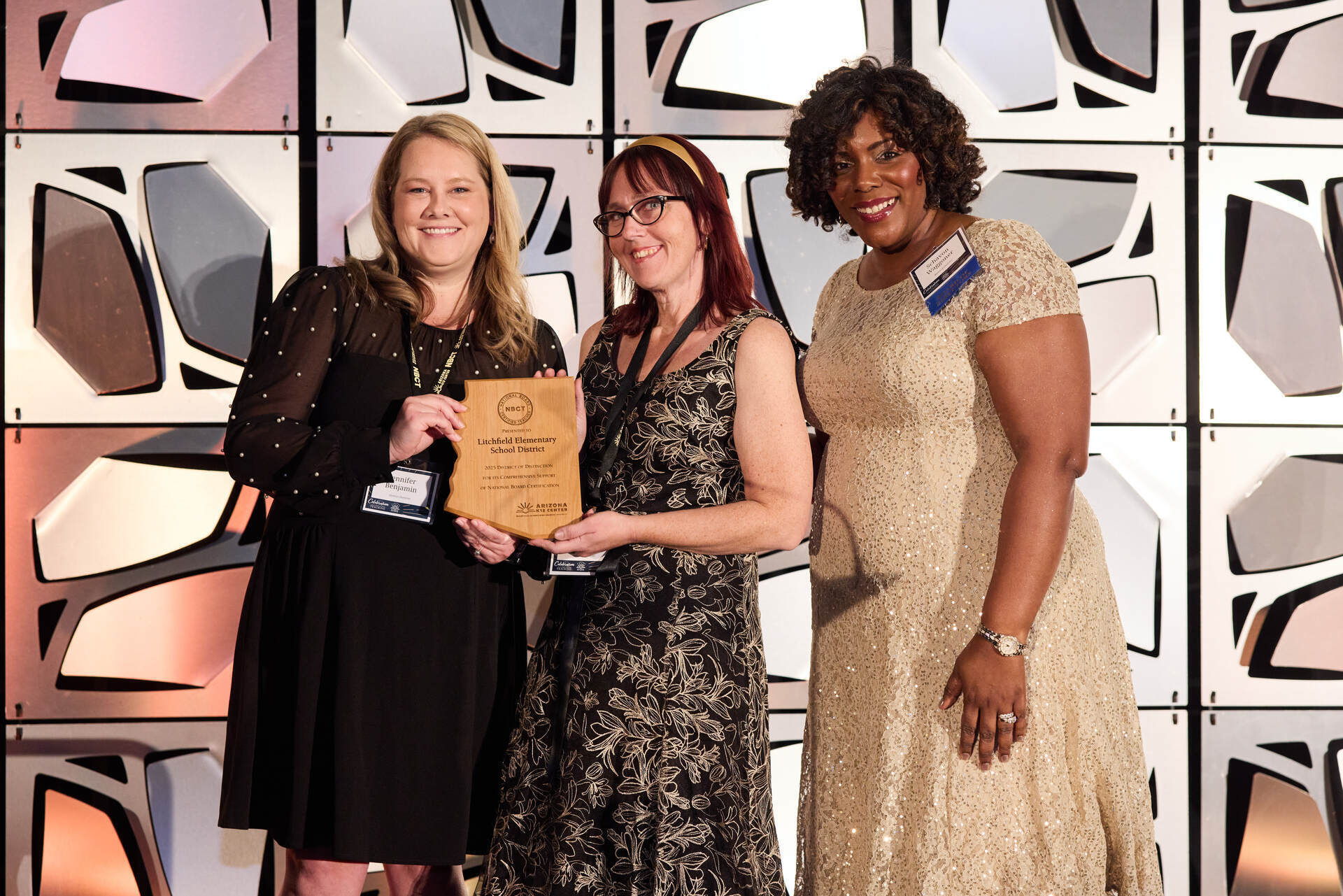September 15, 2015
3 Keys to Balancing Teaching Classes with Taking Classes
ASU’s Mari Koerner and David Garcia weigh in on the secrets to graduate student sanity.
When the acceptance letter came, your heart soared. Here was your chance to get back in the student’s chair! You foresaw yourself reading scholarly journals by lamplight, fueled by curiosity and passion alone. You imagined your degree framed over your desk, commanding attention and respect. Your fully charged batteries buzzed with excitement.
And then reality set in. Teaching hours extended in both directions, and no matter how early you came or late you left, the planning and grading and meetings piled up higher. Mix in family obligations and the hopes of having a social life — nay, sleep — and your enthusiasm began to circle the drain.
What you need is a plan, and we’ve got just that. These tips will help strengthen your resolve and preserve your sanity on the road to your graduate degree.
1. Double dip. Earning your master’s while staying on top of your teaching responsibilities is an inarguable challenge. But there’s magic in the partnership of work and study. Dr. Mari Koerner, dean of ASU’s Mary Lou Fulton Teachers College, acknowledges that “Sure, the time demands are real,” but the continuous learning and professional development should fight potential burnout. “A good graduate program should have the opposite effect. It should inspire and energize you to synthesize what you are learning in our program with what you learn by doing every day in the classroom.”
Another perk of your student-teacher lifestyle? You’ll be able to let your day job overlap with your coursework. Use the tools discovered in your graduate classes in your own classroom. On the flip side, many graduate education courses will encourage you to use your own classroom as a research platform. Ultimately, this saves you time and stress, in addition to giving you plenty of practical fodder for class discussions.
2. Safeguard your motivation. Motivation is cyclical. It goes a little something like this: Motivation + achievement + confidence = more motivation. Makes sense, right? The problem is, this cycle (and your pending success) fizzles out when motivation dwindles — and motivation can be one fickle animal. Once the caffeine wears off or that frustrating parent conference is over, we find ourselves off track and uninspired. And what about big life changes? A lot can happen during a two-year program.
The trick is to plan ahead for roadblocks. “Life happens — students don’t finish graduate programs because they are not smart or talented,” says David Garcia, Ph.D., associate professor at the Mary Lou Fulton Teachers College. “Rather, they struggle because life events interrupt their studies. They get married, promoted, become parents, etc.” The bottom line? “Be prepared to deal with these life events by learning to manage your time and to roll with the punches when life happens.”
The cold, hard truth is that we can’t rely on motivation alone. We’ve got to be proactive and schedule our goals with time allotments and deadlines. Use a calendar that tracks your work and school commitments, and schedule weeks ahead of time so that you don’t trip on intersecting obligations, even when your tank is running on fumes. And no matter what, Garcia urges, “Keep moving forward. It doesn’t matter if your schedule allows you to take only baby steps — take them. Don’t stop. Read a little every day. Write a little every day. It’s hard to restart once you have stopped completely.”
3. When you forget why you started, see the big picture. “See the entire experience as an opportunity and an investment in yourself,” Koerner says. Remember that taking courses that allow you to think and read about doing your work better is a luxury, as you are able to “come back to study having a lot of experience and then shape that experience with knowledge.” In other words, your graduate journey deserves to be savored.
Koerner advises making time for educational discourse with other graduate students and experts. “Obtaining a graduate degree allows practitioners to connect with likeminded teachers locally and nationally to collaborate,” she says. Don’t waste the opportunity. Another option: Attend a leadership event to meet and collaborate with other teacher leaders.
Last but not least, Koerner presses not to forget who your professional growth is ultimately impacting. “The point of the further education graduate students are pursuing is to gain the tools and habits of thought required to help them help students as much as possible.”
So grab a cup of coffee and cozy up to that lamplight. And right bookmark this article to your desktop for the next time you feel like you’re running on fumes.











